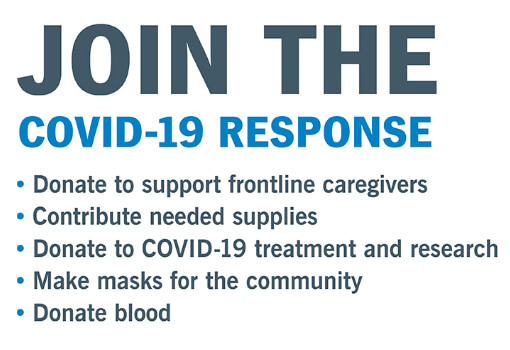- Serving Our NJ Neighbors 24/7 (888) 333-2422
Tips For Preventing And Thawing Frozen Pipes
Water when frozen, puts an incredibly high pressure on whatever is containing it. This pressure can cause any type of pipe (metal or plastic) to break. Pipe freezing can do a lot of damage to your home plumbing system and also your pockets especially in extreme winter conditions. Being ready for such eventualities is very important as water pipes are found in every home.
Pipes that are more liable to freezing are the ones that are overly exposed to the harsh winter weather and have very little or no insulation at all.
The following tips are recommended for optimal prevention
1. If you have a swimming pool, always drain the water in it completely and also from your water sprinkler supply lines
2. Look around for areas in your home with pipes (garage, bathroom, basement, attic, etc.) and keep the pipes insulated
3. Do not contemplate on installing specific products designed to insulate water pipes like the “pipe sleeve,” “heat cable,” or similar materials on exposed water pipes. Newspapers also come in handy and can provide some degree of insulation to exposed water pipes.
4. During harsh weather conditions, always shut the garage doors especially if there are water supply lines in there
5. Run trickles of water through the pipes occasionally as it prevents the pipes from freezing
6. Allow warm air circulate your plumbing by opening the bathroom and kitchen cabinet doors.
7. If you are going out of town for a few days or months, be sure to leave the thermostat for the heater on to a temperature of no lower than 55o F; it might increase your heating bill, but it could prevent a much more expensive repair job if pipes get frozen and eventually bursts.
Even with utmost preparation, some pipes will still get frozen. Should you suspect a frozen pipe in your home, you might want to call a plumber but before doing that, why not explore some DIY (Do-it-Yourself) options.
- Turn on a faucet: the likely areas where the pipe could be frozen are the exterior walls or the point where water service enters your home.
- Keep your faucet open while you try to locate the exact point where the pipe got frozen
- Cautiously apply heat to the section of the frozen pipe by wrapping the pipes with some hot towels, or by using an electric hair dryer. You could also use a portable space heater as long as it is kept away from any flammable substance. It’s never advisable to use a blow torch or kerosene.
- Continue this exercise until the regular water pressure is restored
- Check all the faucets to ascertain that everything is back to normal but should this fail, call a licensed plumber immediately.





